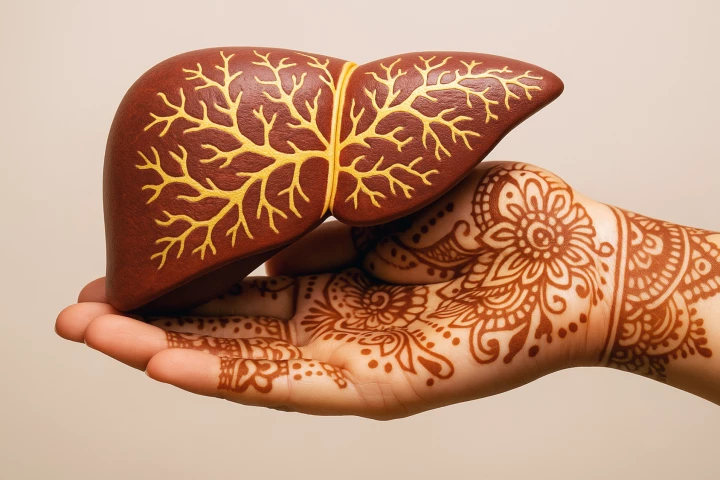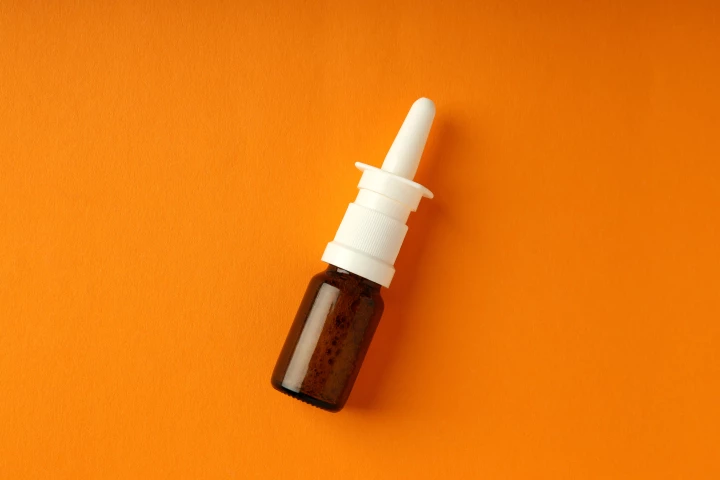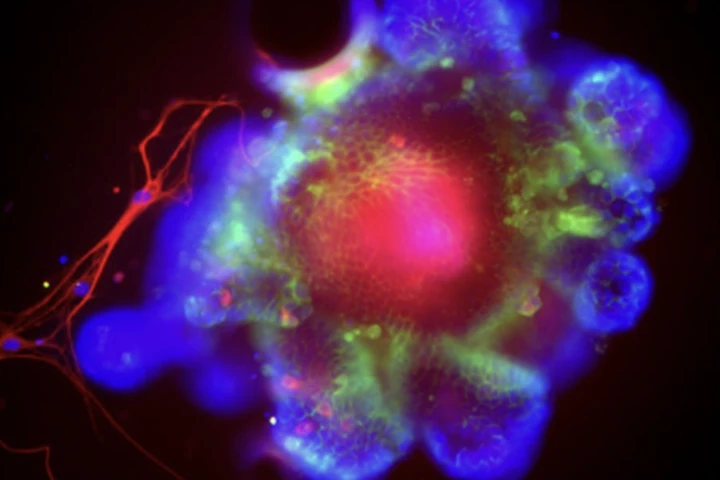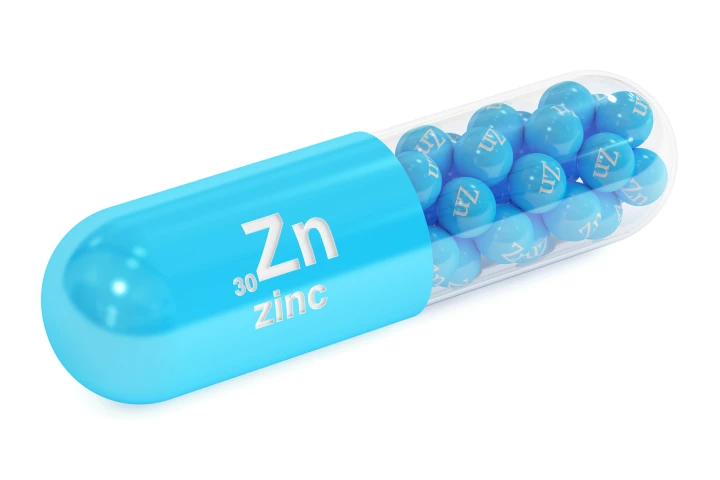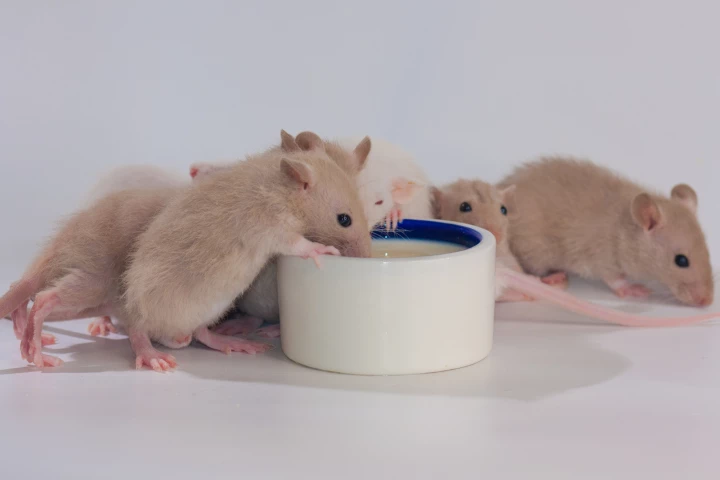Liver disease
-
Researchers have discovered a new way to potentially treat liver disease. By blocking a key inflammatory pathway it could be possible to reduce liver damage and improve blood vessel function in patients suffering cirrhosis.
-
The humble henna plant, famed for its vibrant dye, could hold the key to healing scarred livers. In a new study, researchers have found that its active compound, lawsone, may stop and even reverse liver fibrosis.
-
The US Food and Drug Administration (FDA) has approved the first intranasal diuretic for heart, liver and kidney disease patients, aiming to prevent a common and costly issue that results in more than a million hospitalizations each year.
-
Scientists have discovered how alcohol cuts off an immune surveilence system in the gut, letting bad bacteria escape detection and flood the liver, causing widespread damage. This inflammation is the key driver of alcohol-associated liver disease.
-
Researchers have discovered that the accumulation of aged and failing cells in one diseased organ can cause the failure of multiple healthy organs. The findings have opened the door to preventing multi-organ – or even age-related – disease.
-
More than 15 million Americans are putting their liver at serious risk, simply by trying to better their health. New research has revealed the extent of the damage caused by overuse of six supplements including turmeric, green tea and ashwagandha.
-
A 5:2 intermittent fasting regime – eating for five days, fasting for two – protected against liver inflammation and didn’t cause weight gain, say researchers, who also identified the proteins that provide this protective effect.
-
It’s a safe assumption that we all know binge-drinking is not good for our general health. But a new study shows that one big alcohol-fueled session a week is significantly more harmful than spreading that same amount of drinks out over seven days.
-
Researchers have identified the mechanism underlying the protective role zinc has in type 2 diabetes and the fatty liver disease associated with the condition. The findings open the door to developing a novel diabetes treatment.
-
In an exciting step forward in surgery advances, the first successful liver transplant performed by a robot has taken place in the US, offering minimal invasiveness and speedy recovery time. Clinics now plan to ramp up wider use of this innovative tech.
-
Researchers fed mice a probiotic designed to release an alcohol-metabolizing enzyme. Then they got them drunk. The results showed success in keeping the mice from getting too buzzed, and in helping them clear the alcohol from their systems faster.
-
Scientists have discovered that a specific class of immunity powerhouse T cells originate in the gut but venture around the body, patrolling for damaged sites and then assisting in repair, underpinning the importance of a healthy microbiome.
Load More

